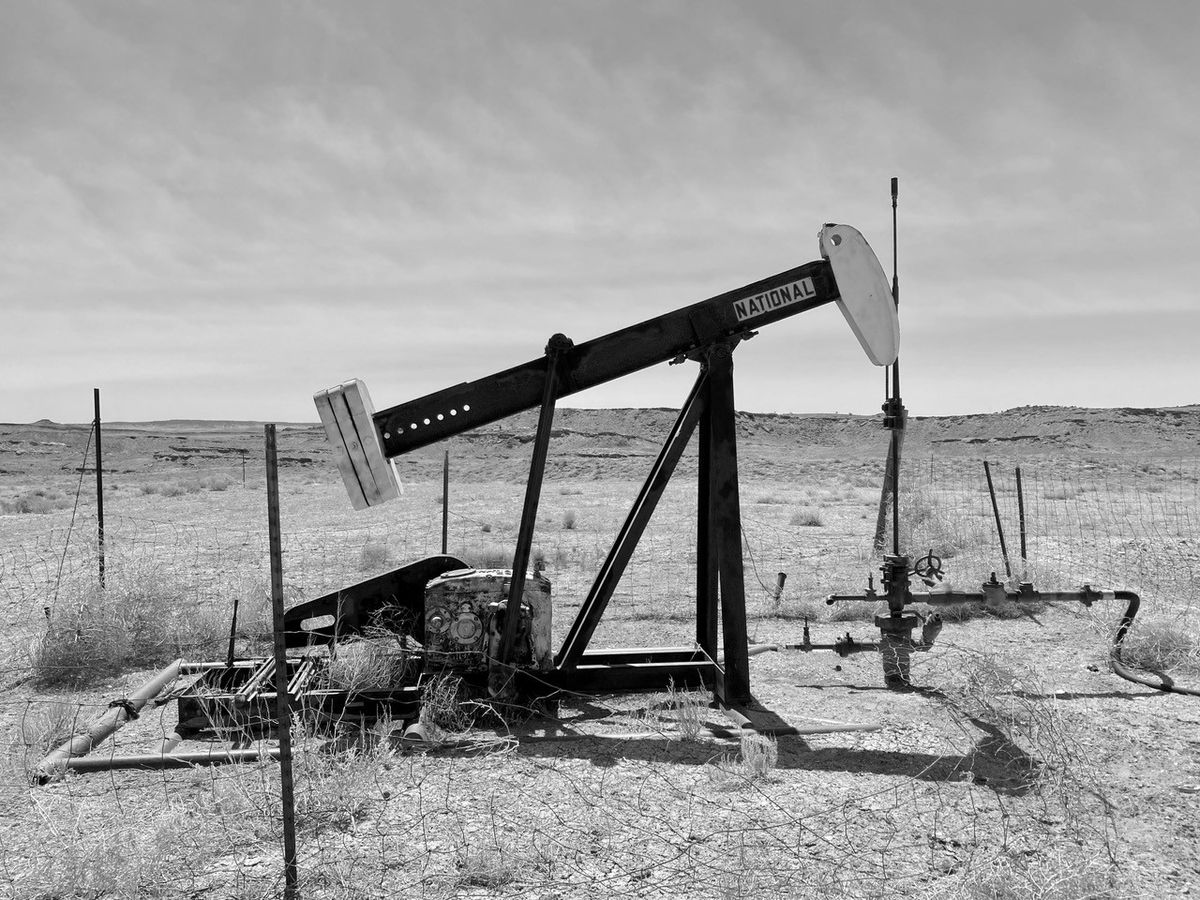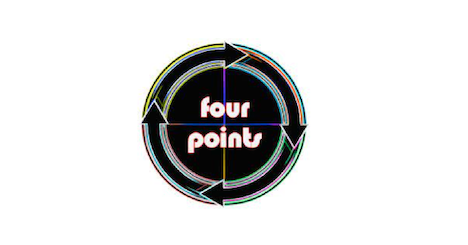Chronicle Of An Abandoned Oil and Gas Well — One Of Millions
Writers on the Range

Even from a distance it’s clear that an oil and gas well called “State Senate #2” in New Mexico has seen better days. The pumpjack sits idle, tumbleweeds surround the once-moving parts, and the earth smells of crude saturating the soil.
According to state records, this well last produced oil in 2007, and even then it was at a rate of about 25 to 50 barrels per year. Though the state inexplicably lists the well’s status as “active,” it’s not. And the listed owner is a company that no longer exists in any solvent form.
In other words, State Senate #2 meets the criteria for an “orphaned” oil and gas well. It’s just one of more than a million such wells nationwide, which are a growing environmental threat resulting from decades of policy failure by state and federal regulators.
“Orphaned” is an inaccurate term. The parent companies that originally drilled and profited from these wells mostly didn’t die—they fled. Once the wells stopped making money, they were sold to smaller, less solvent companies that then vanished into a haze of bankruptcy. The unplugged wells were left to ooze methane and other nasty stuff with no one around to clean it up.
It’s abandonment, plain and simple.
The State Senate #2, for example, was originally drilled by Standard Oil Co. of Texas — yes, that Standard Oil — back in 1960, but the hole was dry, so workers plugged it and moved on. Two decades later, Raymond E. Sitta, Jr., took over the lease and applied for a permit to reopen the well. When oil came bubbling out, he named it State Senate #2.
After Sitta died in 2008, his estate sold the well to BIYA Operators, a local mom and pop company, which sold it in 2014 to Colorado-based Diversified Resources.
Three years later, Diversified filed for Chapter 7 bankruptcy and abandoned its interest in all the mineral leases in the Horseshoe Gallup field. That’s how State Senate #2, along with some four-dozen other wells and a leaky pipeline network, became wards of the state.
It’s a common story. The Horseshoe Gallup field is rife with such stories. Another group of wells down the road changed hands several times before being acquired by Chuza Oil, owned by the Dallas producer of a reality television show called Cheaters. Now Chuza is bankrupt, and its wells and assorted other detritus are a methane-oozing mess.
The pattern repeats across New Mexico, Colorado and Utah. Wyoming has at least 1,500 “orphaned” wells.
In theory, the companies took care of the cleanup tab as a condition of their drilling permit. In reality, the required bond amounts don’t get close to covering the costs. The Bureau of Land Management, for example, requires an operator to put up just $10,000 per individual well. Bigger operators can take out a single, $150,000 blanket bond that covers all of their wells — whether it’s five or 500 — on public lands nationwide.
Yet the average cost to plug and reclaim a single oil and gas well, according to a 2021 study, is a whopping $76,000, with costs for deeper wells shooting up into the hundreds of thousands of dollars. That would add up to a $3.8 million cleanup bill for Chuza Oil’s 50 wells in the Horseshoe Gallup field.
Court records show the company’s reclamation bonds with the Navajo Nation and federal government add up to less than $130,000, or about $2,500 per well. That means federal taxpayers — you and me — are on the hook for the remaining $3.7 million and change. And that’s just for one company’s wells in one location.
Equally maddening is that the regulators must have seen the warning signs but didn’t — or couldn’t — act to make the responsible parties take responsibility while they were still somewhat solvent.
The 2021 Infrastructure Investment and Jobs Act authorized $4.7 billion in federal funds for cleaning up abandoned oil and gas wells. On the one hand, it’s necessary to end this massive threat to the climate, the environment and public health.
But the truth is that it’s also a corporate bailout.
The antiquated federal royalty rate of 12.5% must be jacked up considerably — 25%, anyone? — to bring it in line with what states charge. A portion of the royalty should also go into a reclamation fund so that corporate owners pay to clean up the messes they leave.
